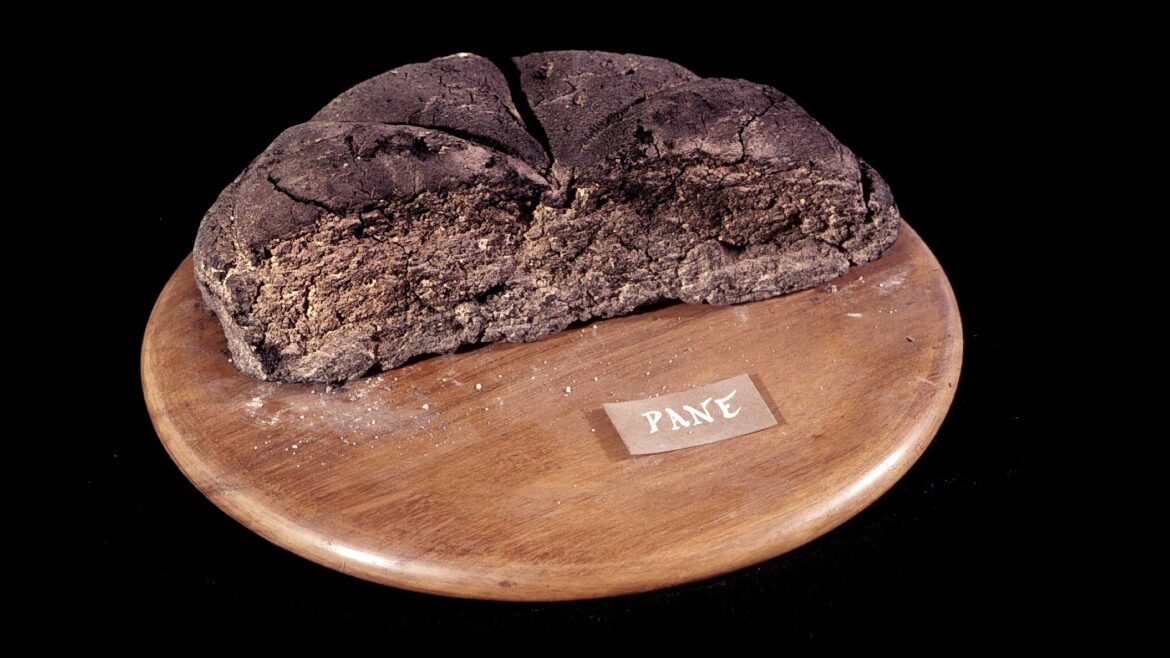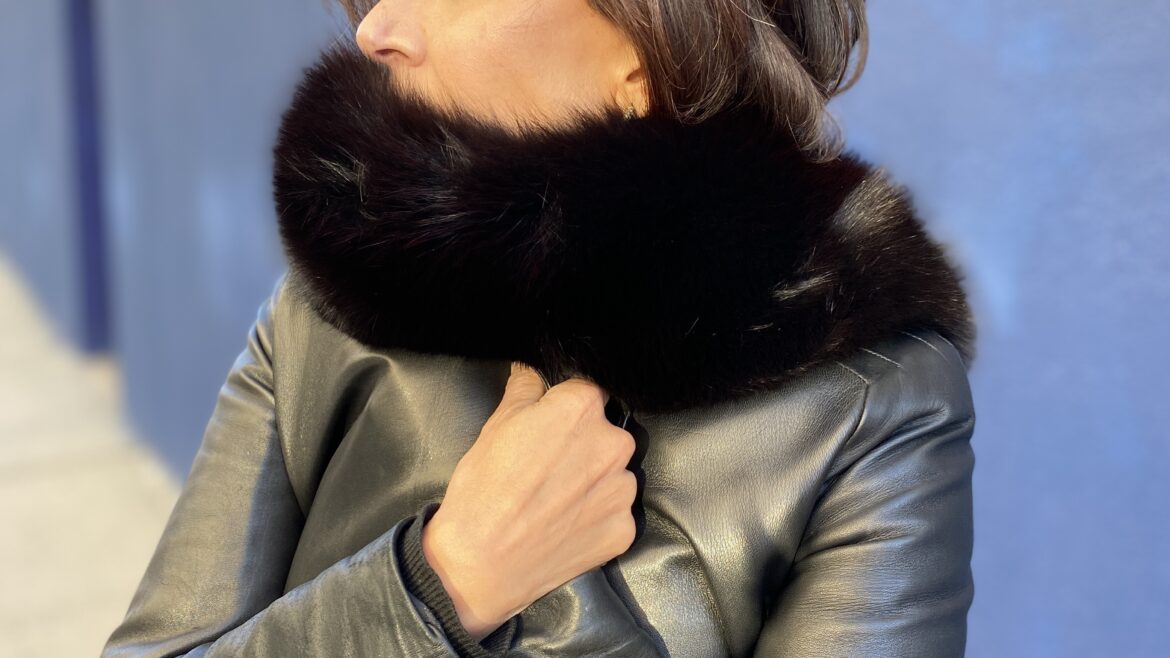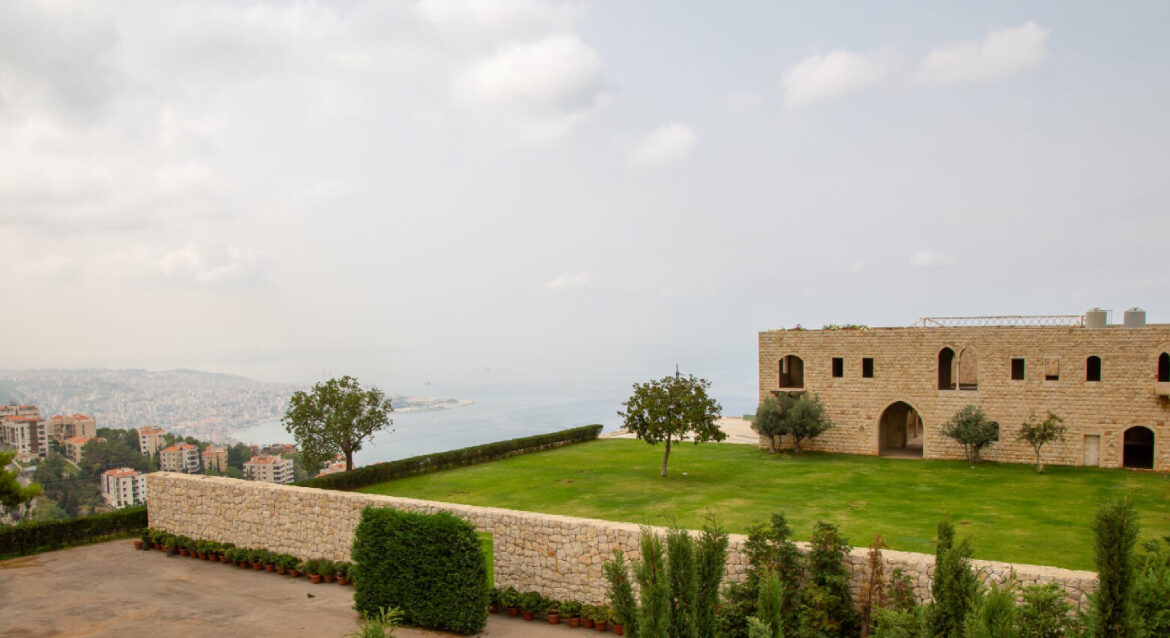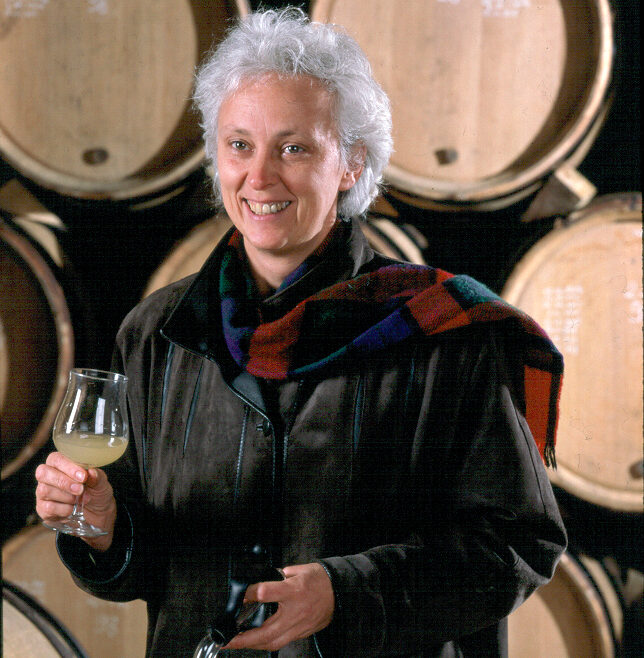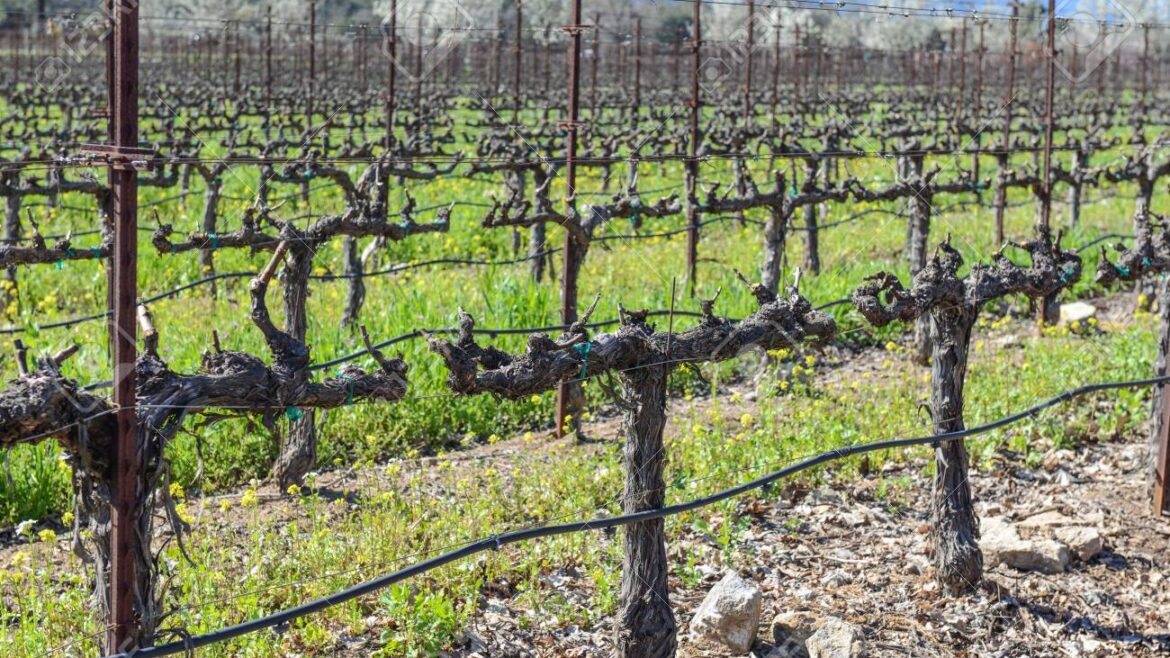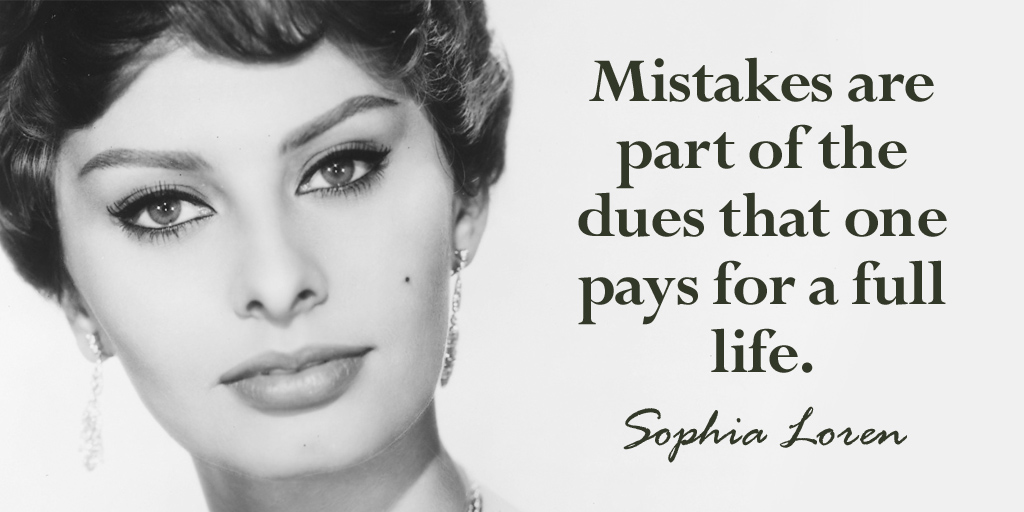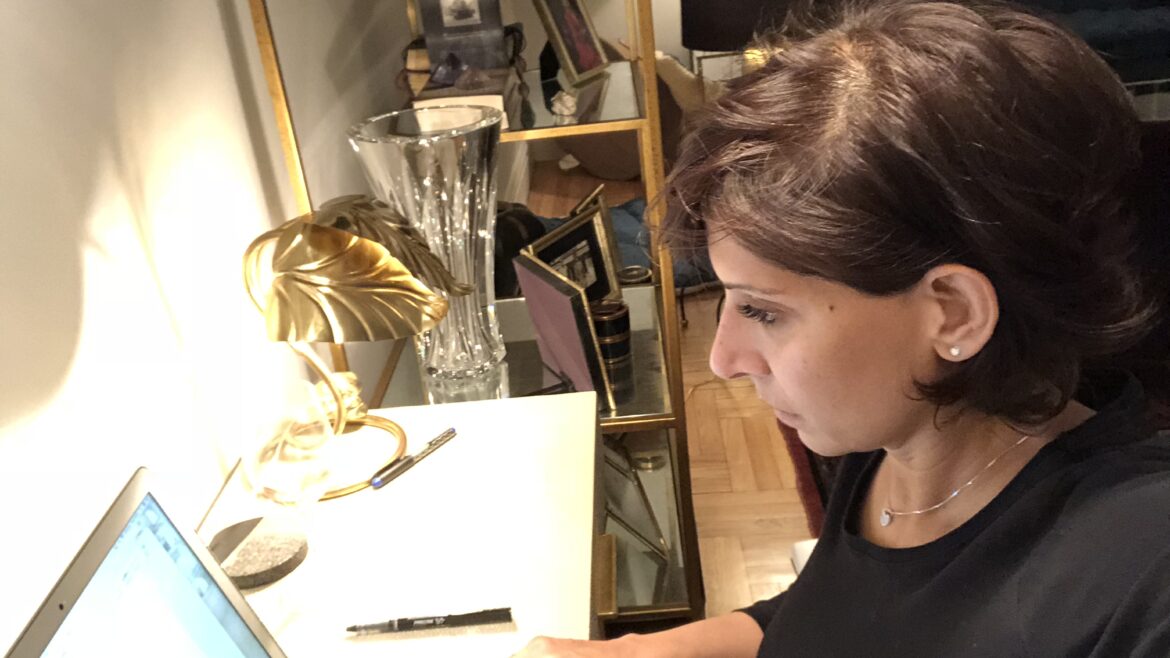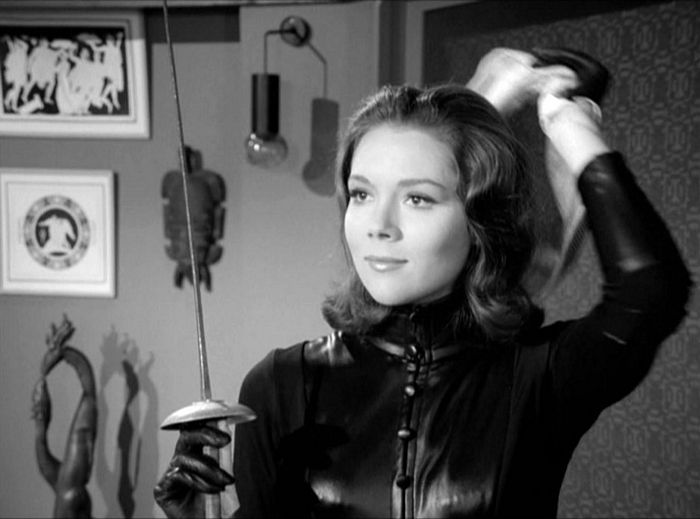“So. . .where are you from?”
A question I invariably get, whenever I meet someone new.
If I happen to be with a friend, who knows me, he or she inevitably rolls his or her eyes in consternation. “Do you have 20 minutes?” they ask the stranger. They know that’s how long it takes to tell the story.
If I’m alone, I pause for a moment because I don’t know what to say. I don’t want to bore or overwhelm them with what has been a complicated and rather byzantine 50 years for me; because after all, they are asking me what is a relatively innocuous, simple question for most people.
Usually, I say, “I’ve lived in New York for 33 years.”
And more often than not, that is a satisfactory answer, because, after all if you’ve lived somewhere for over three decades, then it certainly must be where you’re from.
But occasionally, I get someone who knits his/her eyebrows together because his/her curiosity gets the better of him/her.
“Yes. . .” they reply, “but where are you from?” They repeat the question, with a firm emphasis on ‘where.’
I suppose I can see their point.
They are staring at a tall brunette, who could be from anywhere between Rome and Delhi, but when she opens her mouth, out comes a rather highbrow English accent. Hmmm.
“Are you English?” they conclude.
“Well, I grew up there,” I affirm.
“But the accent?” they continue.
“I went to boarding school there,” I offer them.
They nod their head accepting. But still unsatisfied.
But then they might overhear me speak French. Double hmmm. Or Spanish. What on earth? Italian. . .Hindi. . .Arabic. Good God!
Complete confusion ensues and I find myself facing Torquemada and the Spanish Inquisition.
Before I sat down to write this article, I spoke to three friends, all of whom I have known since we were young and with whom I feel I have some similarity in background. All were asked the question I get asked and have so much difficulty answering.
“I’m Italian,” says Carla, an old college friend of mine without an ounce of hesitation. True, Carla was born in Rome. Her father was Italian and her mother was Scottish. She grew up in Rome, came to the States to go to college, went back and lived in London and Rome, before finally getting married to an Englishman. She now lives in Brussels and has lived there for 25 years. Carla speaks English, French and Italian.
“I’m French, of course,” says Veronique, a childhood friend whom I have known since we were nine years old. Veronique’s mother is Egyptian, her father was half French and half Egyptian. She was born in Paris, grew up there, married a Swiss 25 years ago and moved to Vandoeuvres at the outskirts of Geneva where she still lives and of which she is currently the vice mayor. Veronique speaks French and English.
“I’m Pakistani,” says Atiqa, another childhood friend with whom I went to school. Atiqa’s mother is Pakistani, her father was half English and half Pakistani. She was born in Karachi, grew up there, lived in England, lived in the States for 15 years before moving back to Karachi where she currently lives. She speaks English, Urdu and Hindi.
All three associate themselves with the city of their birth and the countries they spent their formative years in. So what’s my problem? Why isn’t it as straightforward or as simple for me?
Well. . .because it’s not.
Everyone has a story.
Here is mine.
I was born in Sydney, Australia. My mother, Zahra, was Lebanese and my father, Anwar, Pakistani. I didn’t stay in Australia for very long, leaving after a year to go to Karachi and then to Delhi where I lived until one fine day, it was decided that I was to go to boarding school in England. At the age of seven, under the pretext of going on a summer holiday to England to visit my aunt, Hafsah, Zahra’s sister, and her husband, my uncle Farhan, whom I had never met, I was unceremoniously dumped in the hands of a matronly English headmistress.
I don’t think I will ever forget that day.
We were staying with my aunt and uncle at their house on Eaton Square. A couple of days after we arrived, Zahra came to wake me up. “Come on, Sweety!” she drew the curtains open. The late English summer morning sunlight flooded the room. I groaned.
“Mama, It’s Sunday. Why do I have to get up early on a Sunday?”
“Come on darling. . .you have to get up,” Zahra caressed my head. “Your father wants to go for a drive in the country.
“But we’re on holiday, Mama.”
“Your father will be angry if we’re not ready on time.”
“I don’t want to get up,” I mumbled into the pillow.
“I’m going to give you 15 more minutes,” Zahra said, “and when I come back, you will have to get up.”
At 11 o’clock, Zahra and I were in the kitchen. I was finishing breakfast and Zahra was staring down into a cup of coffee.
“Mama, why do you look so sad?” I asked.
Startled, she looked at me. I thought I saw tears in her eyes. But before I could get a proper look, she quickly turned away from me and got up to get some fresh coffee from the stove.
“Where are we going with Father, Mama?”
“Damn!” Zahra cried. The coffee pot clattered noisily to the floor, spilling its contents everywhere while Zahra clutched her hand and ran to the sink.
“Mama!” I slipped out of the chair and ran to her. “What happened?”
“Nothing, child, just clumsy,” she winced as the cold water splashed on her skin.
“Zahra. . .Anwar is ready…” I heard Hafsah’s voice say outside the kitchen door.
“I’ll be a minute, Hafsah,” Zahra called out.
“Zahra. . .you’d better hurry. . .he’s just finishing his tea.”
Hafsah opened the kitchen door and came in.
“What happened here?” she came running to the sink. “Zahra! Let me take a look at that hand.”
“Be careful, there’s coffee all over the floor here.”
“Don’t worry about that,” Hafsah said to her. “Madame Yvonne will clean it up when she gets back from church.”
“Let me see the hand,” she said.
I moved out of the way and went back to finishing my toast.
“Come. . .let me put some burn ointment on this,” Hafsah said and took Zahra towards a corner of the kitchen. I saw Hafsah pull out a first aid kit and I could hear them murmuring, speaking in low, hushed whispers. But I didn’t know what they were saying. I saw Hafsah take Zahra’s hand in hers and rub some cream into it. I saw Zahra crying and I saw Hafsah take her into her arms. “It’ll be alright, Zahra. Don’t worry. It’s only a matter of time and getting used to it,” I heard Hafsah say. “You have to be strong, for your sake and hers.”
Outside in the hallway, I heard Anwar’s voice. Having finished my breakfast, I left Hafsah and Zahra in the kitchen and bounded outside.
“Where are we going, Father?” I asked, wide-eyed with curiosity.
“You will see,” he answered.
“Are you also coming Uncle Farhan?” I asked.
“No, child. . .but I will see you back here very soon.”
“Where is that woman?” Anwar grumbled. “I told her I wanted to leave at 11 sharp. I’ve made arrangements to be there at 1.”
“She’s only in the kitchen, Anwar. I’m sure Hafsah is preparing a picnic of some kind,” Farhan said reassuringly.
“A picnic!” I jumped in excitedly. I hadn’t been on many picnics. I only remembered one in Karachi, when we had all piled into a small Volkswagen Beetle and driven out to a lake just outside the city.
“There they are,” Farhan said when Hafsah and Zahra emerged from the kitchen.
“Come on, Mama! Let’s go. . .we’re going on a picnic,” I skipped over to where Zahra was standing.
“Coming Sweety,” Zahra quickly wiped her eyes.
“What happened to your hand, Zahra?” Farhan asked seeing her bandaged hand.
“Hot coffee,” Hafsah quickly piped in.
“Let’s go,” Anwar said authoritatively.
“Now you have everything,” Hafsah said as she leaned into the car while Anwar opened the trunk for a moment.
Zahra nodded.
“Bye Tante!” I waved to her, smiling. “Bye Uncle Farhan!”
“Bye bye, darling,” Hafsah put her hand in and caressed my cheek. “Be good now. And remember, this is your home.”
“Tante. . .my home is in Delhi. . .” I replied.
There was no time for anything else as Anwar got in the car, put the key in the ignition and we were off.
It started out quite a nice day. The sky kept alternating between blue and grey as the sun played hide and seek behind the big, puffy white clouds that covered the sky. Soon, we had left London behind and were headed out to the country.
The English countryside was very pretty. Everything was so green, I thought.
“Mama! Look! Cows!” I pointed to the healthy black and white cows, grazing idly in the fields on either side of the narrow road Anwar had turned onto. “Mama, they’re so fat,” I said, fascinated with the bovine creatures. “They don’t look like the cows near home.”
Zahra muffled what sounded like a cough in her handkerchief.
Suddenly, at the end of that road, we came upon a sprawling old red brick and stone building with turrets and towers and a pitched slate roof.
“Oh Mama! How beautiful! Is this a palace?” I asked.
No one answered.
“Father! Is this Buckingham Palace? Am I going to see the queen?” I bounced excitedly up and down on the back seat.
As we approached, a woman, wearing a dark navy suit and a white shirt came out of the wrought-iron gate. Anwar stopped and turned off the engine.
“Come on out!” he said.
I didn’t have to be told twice. I jumped out of the car, eager to explore.
“Is this where we’re going to have our picnic?” I asked, running excitedly to the edge of the field across the small lane from the red building, climbing on a fence to try and get a better look at the cows.
“Mama!” I cried, looking back towards the car. “Come Mama! Look!” I said. But the sun was in my eyes and I couldn’t quite see Zahra.
“Kimberly!” I heard someone call my name. When I looked back, the woman in the suit was gesturing me to come over.
“Hello Kimberly,” she put her hand out. “I’m Catherine Cooper.”
“Hello,” I said shyly and put my hand in hers.
“I’m very pleased to meet you,” she said. “You may call me Mrs. Cooper or headmistress.”
“But I already have a headmistress in Delhi,” I said, not understanding what was going on.
Anwar, in the meantime, went to open the trunk of the car and pulled out the brown suitcase Champa, my nanny, had packed with all my things from Delhi. I wondered what the suitcase was doing there. He walked back to where I was standing and put it down next to the Mrs. Cooper. Suddenly, my heart began to beat faster. Something was wrong.
“Mama!” I cried out. I tried to run. But Mrs. Cooper’s hands went around my shoulders and she held me to her.
“I hope all that she requires is in the suitcase,” Anwar said. “If not, you can call my sister-in-law in London and she will have it sent immediately.”
“Right then, Mr. Akhtar,” she shook his hand. “Thank you very much. And don’t worry, we’ll take good care of Kimberly here at Bedales.”
I looked from the one to the other not knowing, not understanding what was going on.
“Father,” I started, “what is happening?”
Anwar looked at me briefly but did not reply.
“Father, please,” I said as he began to walk back to the car without me. “Father!” I screamed. “Let me go!” I tried to get out of Mrs. Cooper’s grasp, but her grip was iron clad. “Mama!” I shouted just as the car’s engine roared into life. “Mama! Please! Please don’t leave me!”
I felt my heart pounding as I realized I was being left behind. Tears began to flow out of my eyes and I began sobbing and screaming at the same time.
“Mama, I’m sorry! I swear I’ll do better at Welham’s. . . I’ll give up my dance lessons. . .I’ll do anything. . .please Mama, don’t leave me!”
The car started to move and I did everything I could to get out of Mrs. Cooper’s clutches. “No! No! They can’t leave me here. . .I don’t want to stay here! Let me go! Please let me go!”
I managed to get one arm free, but Mrs. Cooper grabbed me by the waist and hoisted me up. “Mama!” I reached my arms out to the car. But Anwar was driving fast and the car’s red taillights soon disappeared when they reached the end of the lane and turned right back onto the main highway. It happened so fast. All of a sudden Zahra was gone. She’d left me there. But why? I couldn’t understand. What had I done that was so wrong? If only she’d told me, I would have apologized, I would’ve fixed it. I knew I’d made a fuss that morning about getting up. Could it have been because of that? Was it because of Anwar? Was it because of me that Anwar shouted at Zahra so much? Is that why they sent me away?
Finally, Mrs. Cooper put me back down on the ground and I collapsed in a heap sobbing and crying out for Zahra.
“Come Kimberly,” she said.
I lifted my head and looked up at her. She looked frightening. She was tall and quite large. She had short salt and pepper hair, a round-ish face, small dark eyes and wore glasses.
She held her hand out for me.
“Let’s get you inside and cleaned up,” she said. “Afterwards, I’ll get one of the prefects to show you around.”
“Why am I here?” I asked her.
“This is Bedales School, child,” she told me. “It’s a boarding school.”
“How long do I have to stay here?”
“For some time.”
“But why did my mother leave me here?” I asked.
“I’m sure it’s because she wants the best for you.”
Mrs. Cooper picked up my suitcase and forced me to my feet. But I refused and let myself go limp, unwilling to stand.
“Kimberly!” she said sternly and pulled me to my feet again. Again, I collapsed. Annoyed, she held my suitcase in one hand and physically dragged me over the cobblestones towards the main entrance door of the building. It hurt and I remember all the cuts and scrapes on my legs.
The door opened and an older girl wearing a long black robe over a dark skirt, white blouse and a tie, came out.
“This is Kimberly Akhtar,” Mrs. Cooper said, putting the suitcase down and leaving my arm for a minute while she adjusted her skirt and fixed the rather severe bow around the neck of her blouse.
The minute I felt her grip loosen, I turned and ran as fast as my little legs would carry me all the way to the gate. I managed to slip out and was running down the lane in the direction of Anwar’s disappearing car when I felt a hand grab my shoulder. I tripped and fell, scraping my knee quite badly on a rock. I lay there on the gravel and began to cry.
“Come on Kimberly, let’s get you to the infirmary,” someone said. It was the girl who had opened the door for Mrs. Cooper.
I never forgave my mother for having abandoned me. Over the next several years, I saw very little of Zahra. Eight years later, she and Anwar came to London to announce they had arranged a marriage for me to a Kuwaiti prince. I was only fifteen.
